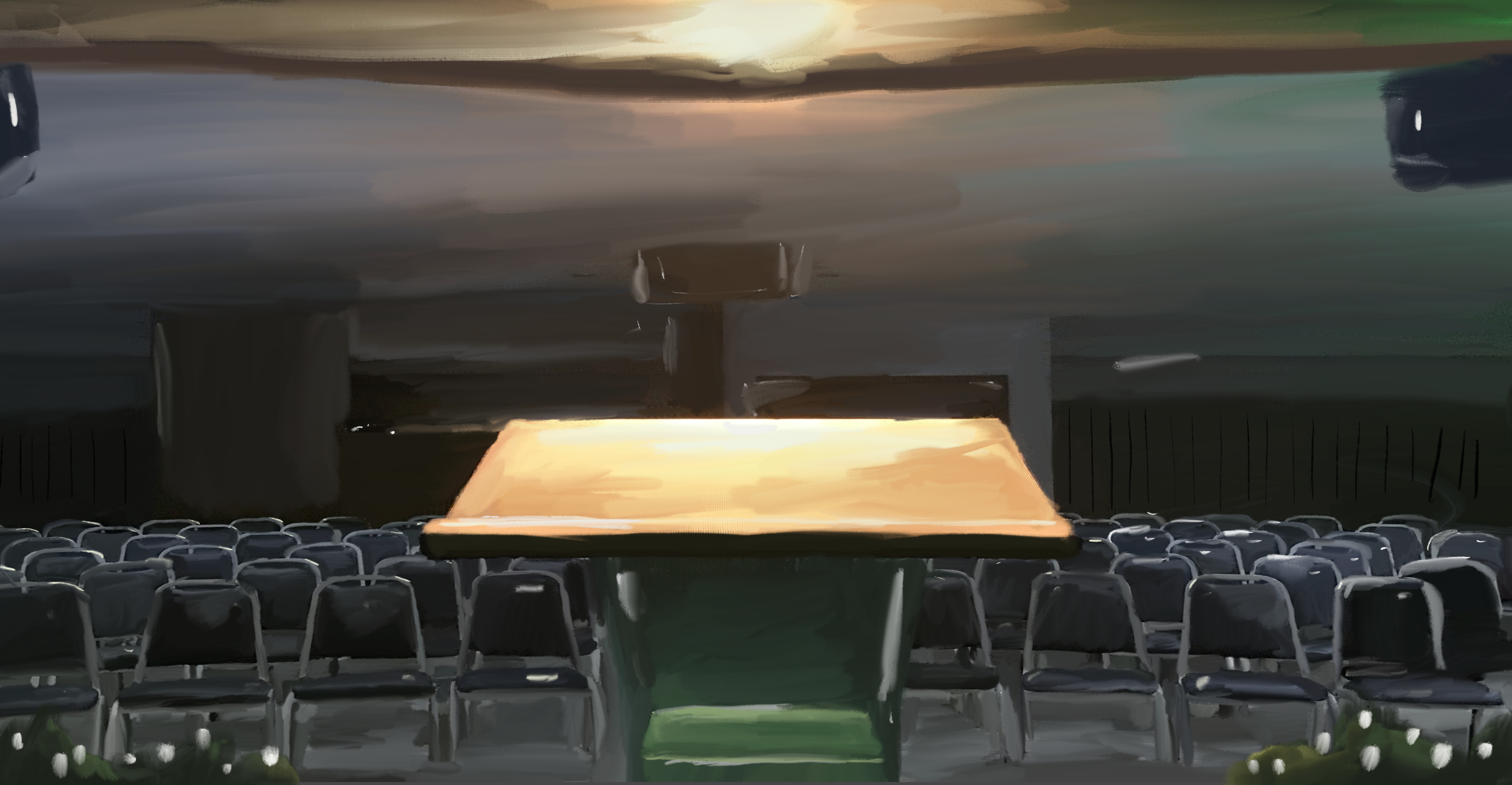
Christ, Perfect High Priest
Epistle to the Hebrews - Part 15 • Hebrews 7:26-28, 8:1-6 • February 21, 2021 • English Service 10:00 AM
Sermon Introduction
God’s purpose for the earthly priesthood and the tabernacle in the wilderness was to show a glimpse of the heavenly reality. It provided clues of the coming of the Messiah. But the OT ceremonial laws was just a shadow of things to come and a shadow of another reality; Christ is the substance. He is the fulfillment of the ceremonial law and the prophecies.
The author explained the spiritual reality to the Jewish community to prevent them from making foolish decisions, like rejecting the claims and promises of Christ. The writer also encouraged them to believe in God’s oath in Christ and that the Jewish believers would exercise faith and endurance. For why would they fall away when Christ is superior Judaism in every aspect? Why would they risk not being restored to repentance? Why would they reject salvation? Why would they test the patience of God with unbelief?
Hebrews 7:26-28 NASB
26 For it was fitting for us to have such a high priest, holy, innocent, undefiled, separated from sinners, and exalted above the heavens; 27 who has no daily need, like those high priests, to offer up sacrifices, first for His own sins and then for the sins of the people, because He did this once for all time when He offered up Himself. 28 For the Law appoints men as high priests who are weak, but the word of the oath, which came after the Law, appoints a Son, who has been made perfect forever.
Hebrews 8:1-6 NASB
1 Now the main point in what has been said is this: we have such a high priest, who has taken His seat at the right hand of the throne of the Majesty in the heavens, 2 a minister in the sanctuary and in the true tabernacle, which the Lord set up, not man. 3 For every high priest is appointed to offer both gifts and sacrifices; so it is necessary that this high priest also have something to offer. 4 Now if He were on earth, He would not be a priest at all, since there are those who offer the gifts according to the Law; 5 who serve a copy and shadow of the heavenly things, just as Moses was warned by God when he was about to erect the tabernacle; for, “See,” He says, “that you make all things by the pattern which was shown to you on the mountain.” 6 But now He has obtained a more excellent ministry, to the extent that He is also the mediator of a better covenant, which has been enacted on better promises.
Notes
God’s purpose for the earthly priesthood and the tabernacle in the wilderness was to show a glimpse of the heavenly reality. It provided clues of the coming of the Messiah. But the OT ceremonial laws was just a shadow of things to come and a shadow of another reality; Christ is the substance. He is the fulfilment of the ceremonial law and the prophecies.
The author explained the spiritual reality to the Jewish community to prevent them from making foolish decisions, like rejecting the claims and promises of Christ. The writer also encouraged them to believe in God’s oath in Christ and that the Jewish believers would exercise faith and endurance. For why would they fall away when Christ is superior Judaism in every aspect? Why would they risk not being restored to repentance? Why would they reject salvation? Why would they test the patience of God with unbelief?
God appointed His Son with an oath. Christ was superior to the earthly high priests, who had to sacrifice for their own sins. Christ was holy, sinless, and exalted above the heavens (7:26-28).
Christ sits at the highest authority, and He is the high priest in the heavenly tabernacle. He has a more excellent ministry than Aaron's priestly line because He is the mediator of a better covenant (8:1-2,6).
The author explained that the priesthood and Moses' tabernacle was a copy and a shadow of heavenly things. God instructed Moses to construct the tabernacle according to the pattern that He showed (8:4-5).
Application
Understand that the earthly priesthood and tabernacle was a mere copy of what is in heaven. Thus, we do not look to the OT ceremonial laws. Instead, we focus on the fulfillment, Christ Himself.
Believe Christ and receive the blessings of the New Covenant by faith. Christ is sovereign, and the New Covenant has better promises compared to the Old. Thus, we believe that Christ is the anchor of our souls.
Exalt Christ, above all earthly men and women. He is sinless, and He is exalted above the heavens. Humans are imperfect. Religious leaders are imperfect. Thus, we look to Christ alone, not to humans.
Discussion / Reflection
What are the differences between Christ and the Levitical priesthood?
What is the author’s description of Christ in the cited text?
What did the author write about the tabernacle of Moses?
What does this mean to you?



